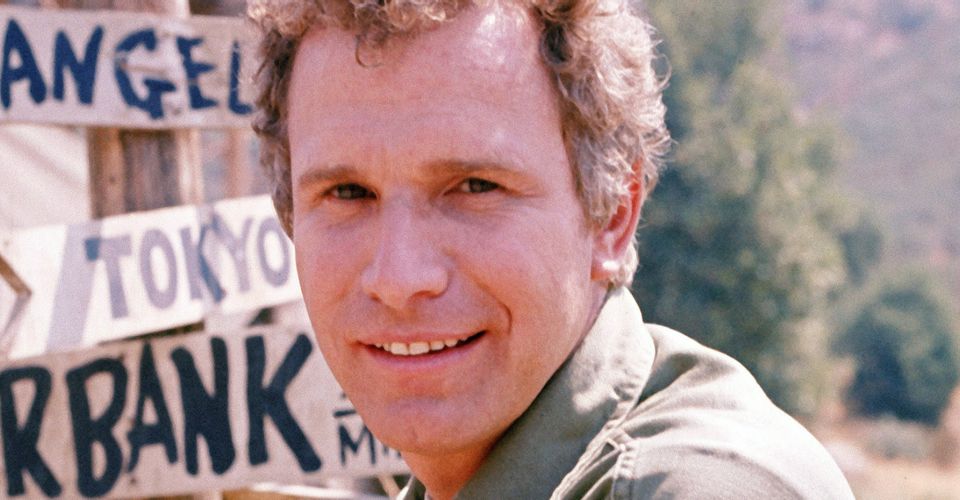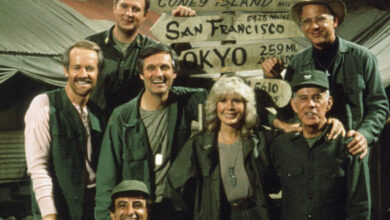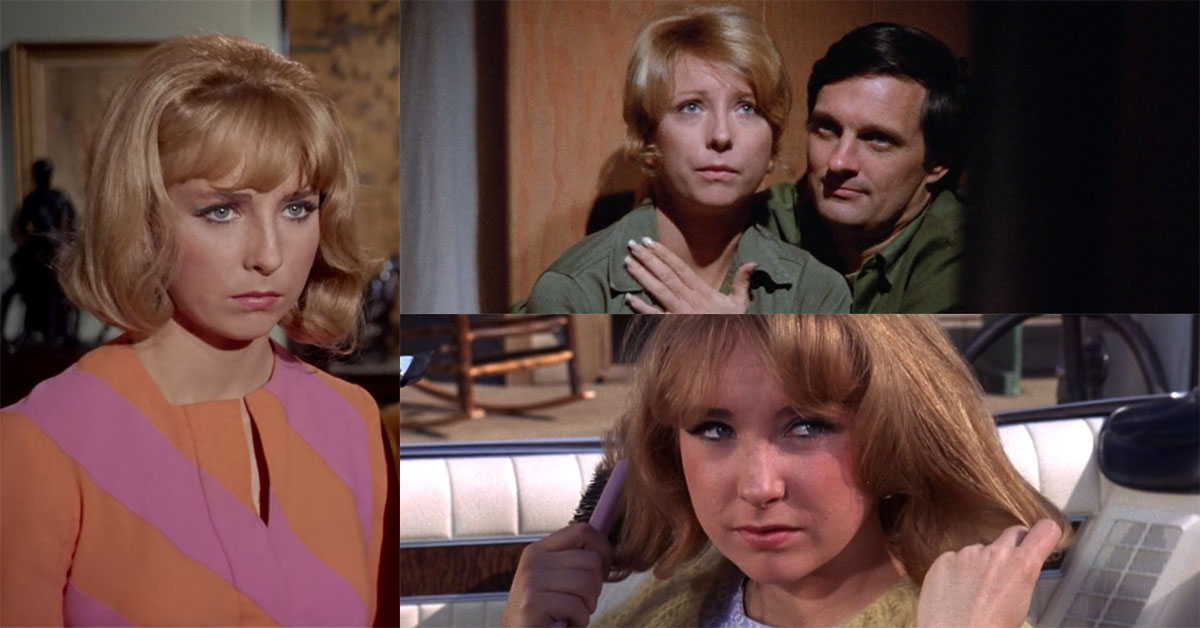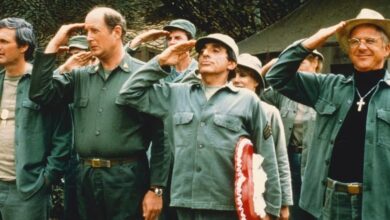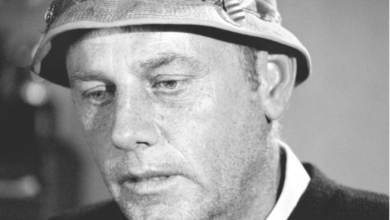M*A*S*H writers walked 𝕓𝕝𝕚𝕟𝕕folded in L.A. traffic to get this episode right
It was the first script from a green writing duo, and they wanted to impress by turning Hawkeye 𝕓𝕝𝕚𝕟𝕕. One writer claims they almost 𝕕𝕚𝕖𝕕 15 times.
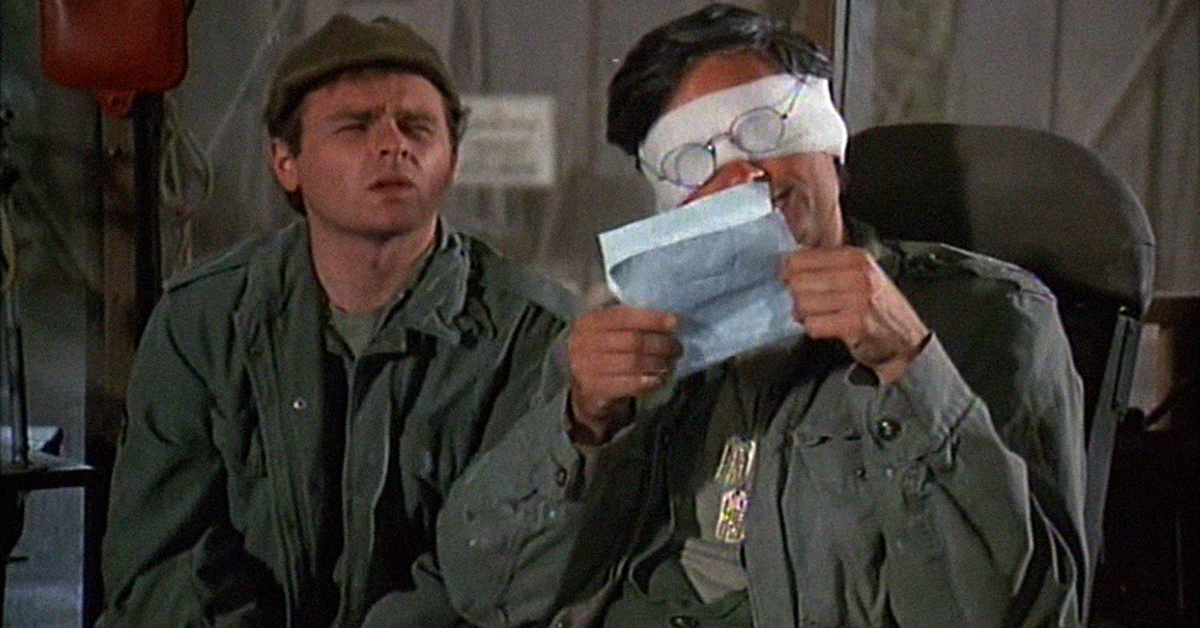
On MAS*H, the writing duo Ken Levine and David Isaacs were the brains behind some of the show’s best episodes.
They gave us “Point of View” (which won a Humanitas Prize) and “Goodbye Radar” (sending off the MAS*H franchise’s most recognizable face), and more than 30 others.
But the very first script that Levine and Isaacs submitted to MAS*H was a quirky episode you might remember called “Out of Sight, Out of Mind.”
Designed to catch MAS*H showrunner Gene Reynolds’ eye, the plot saw Hawkeye go temporarily 𝕓𝕝𝕚𝕟𝕕 for nearly the entire episode.
To make sure their script impressed, Levine and Isaacs went the extra mile.
They hired a consultant who worked with the 𝕓𝕝𝕚𝕟𝕕 to help them make Hawkeye’s reactions to his sudden onset 𝕓𝕝𝕚𝕟𝕕ness realistic.
That consultant told the writers that there was no better way to understand 𝕓𝕝𝕚𝕟𝕕ness than to experience it. She had the writers meet her at Beverly Glen Canyon, where she 𝕓𝕝𝕚𝕟𝕕folded them and had them try to walk up the boulevard — one of only five major roads into Los Angeles — while heavy traffic whizzed by.
In Ken Levine’s blog, he documented the intensity of this experience, which definitely showed how committed these writers were to making MAS*H great, even as outsiders trying to break into the show.
“I can’t say how many times we were almost 𝕜𝕚𝕝𝕝𝕖𝕕 because I couldn’t see the cars,” Levine wrote. “But judging by screeching brakes and horn blasts — fifteen.”
Luckily, both writers made it through the experience unscathed and better informed on how to convey Hawkeye’s abrupt descent into 𝕓𝕝𝕚𝕟𝕕𝕟𝕖𝕤𝕤.
But Levine said in his blog that walking 𝕓𝕝𝕚𝕟𝕕 up the boulevard wasn’t actually the hardest part of writing this episode.
He said writing Hawkeye’s speech took three days because, “We just kept revising and revising, looking for better examples and imagery, trying to be heartfelt and touching without being maudlin and cliché, and if possible, work in a small laugh. At times it was too long. Other times it was too short. We just kept going around and around until we were finally happy.”
Their investment of time and nerve paid off, because Levine said Reynolds loved the script, especially the speech. The script became their calling card whenever they approached new shows as writers, and it nearly always got them the gig.
“From then on he kept giving us assignments and that first script, as our new writing sample when our agent submitted us for things, was our golden ticket,” Levine said.

